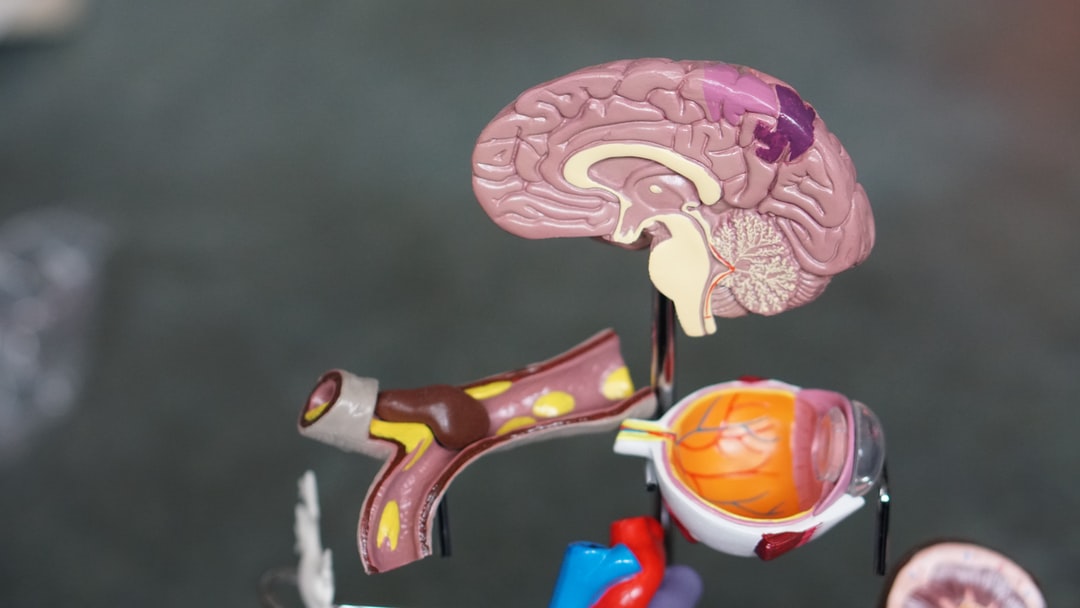What would we do without all of our electronics? We couldn’t shop online, look at hilarious videos on TikTok, or play video games in our free time. You might also be able to get a decent night’s sleep.
Many electronic devices emit electromagnetic fields or EMFs. At night, these electromagnetic waves can disrupt your quality of sleep, and even cause health problems.
EMFs and sleep do not go together, and if you suffer from sleep-related problems, EMFs are likely to be the culprit. Here are some of the ways your favorite devices can prevent you from getting a good night’s sleep.
How Low-Frequency EMFs Harm the Body
The electromagnetic field that our devices produce can cause harm to our bodies before we realize it. These signals can cause damage on a cellular level.
Our cells interact with each other through tiny electrical signals. This makes people electrical objects. Our cells have ways to detect external electrical signals.
When they detect these signals, it triggers a stress response within our bodies. When this response occurs, it can lead to cellular damage.
The stress response can manifest in many harmful ways. Some of these include headaches, fatigue, dizziness, sleep disturbances, and more. People who experience chronic EMF exposure can develop anxiety disorders, depression, and heart problems.
The International Agency for Research on Cancer has even stated that EMF exposure may cause cancer.
The Relationship Between EMFs and Sleep
As mentioned above, EMFs can cause sleep disturbances. Exposure to an EMF field can also result in insomnia. High levels of EMF exposure at night can cause you to toss and turn throughout the night.
These waves are so disruptive that even low EMF levels can disrupt your quality of sleep.
The reason why this occurs is that EMF waves can affect melatonin production. The pineal gland is responsible for producing melatonin, which helps regulate the body’s sleep/wake cycle. The pineal gland can detect EMF waves at night, which it interprets as light.
Because it interprets these waves as light, it inhibits melatonin production, which will make you feel awake.
Lower Your EMF Exposure
If possible, switch from WiFi to fiber optic cables. Fiber optics don’t emit EMFs and are energy efficient. If you can’t use fiber optics, turn your router off at night.
When you go to sleep, move your phone away from you. Don’t sleep with it near your head or have it near your bed. When you take calls, try to avoid placing your phone near your ear.
If you can, try using earbuds to take your calls.
Many products can provide EMF shielding. There are clothes, fabrics, and paint that can block these signals. You can go here to learn more details.
Your Resource Guide to Life
Now that you know EMFs and sleep don’t mix, you can take steps to ensure a better night’s sleep. Invest in some products to keep yourself healthy so that you can avoid sleep disruption, insomnia, anxiety, and many other health problems.
If you enjoyed this article, please check out more of the site. This blog is dedicated to providing resources for home, entertainment, health, and more. Subscribe to the blog so you can get the most out of life.


